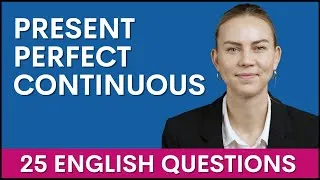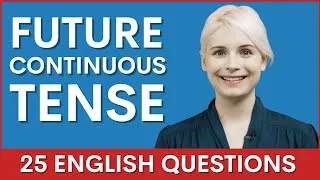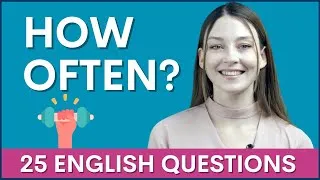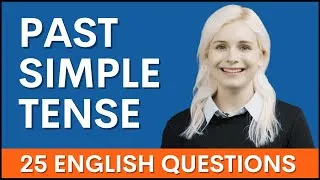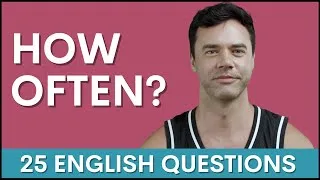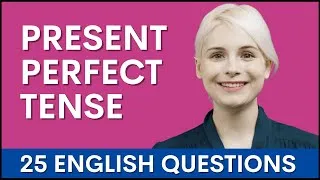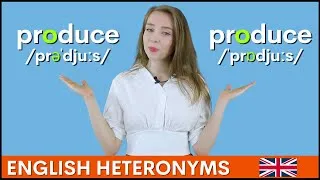PRESENT TENSE | Simple, Continuous, Perfect | Learn English Grammar Course
795,887 views ・ 2021-10-06
വീഡിയോ പ്ലേ ചെയ്യാൻ ചുവടെയുള്ള ഇംഗ്ലീഷ് സബ്ടൈറ്റിലുകളിൽ ഡബിൾ ക്ലിക്ക് ചെയ്യുക.
New videos
Original video on YouTube.com
ഇംഗ്ലീഷ് പഠിക്കാൻ ഉപയോഗപ്രദമായ YouTube വീഡിയോകൾ ഈ സൈറ്റ് നിങ്ങളെ പരിചയപ്പെടുത്തും. ലോകമെമ്പാടുമുള്ള മികച്ച അധ്യാപകർ പഠിപ്പിക്കുന്ന ഇംഗ്ലീഷ് പാഠങ്ങൾ നിങ്ങൾ കാണും. ഓരോ വീഡിയോ പേജിലും പ്രദർശിപ്പിച്ചിരിക്കുന്ന ഇംഗ്ലീഷ് സബ്ടൈറ്റിലുകളിൽ ഡബിൾ ക്ലിക്ക് ചെയ്ത് വീഡിയോ പ്ലേ ചെയ്യുക. വീഡിയോ പ്ലേബാക്കുമായി സബ്ടൈറ്റിലുകൾ സമന്വയിപ്പിക്കുന്നു. നിങ്ങൾക്ക് എന്തെങ്കിലും അഭിപ്രായങ്ങളോ അഭ്യർത്ഥനകളോ ഉണ്ടെങ്കിൽ, ഈ കോൺടാക്റ്റ് ഫോം ഉപയോഗിച്ച് ഞങ്ങളെ ബന്ധപ്പെടുക.
